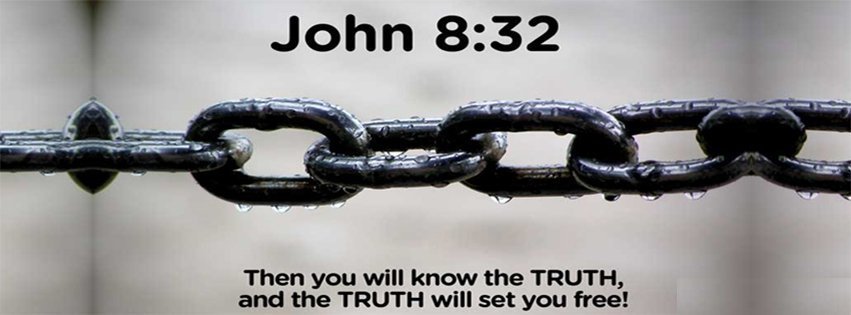EIS for short. It’s a problem that has plagued the Western Church for the past five hundred years. There is this strange belief that we can go through the Reformation, then the Radical Reformation, then the crazy roller coaster that has been North American religion for the past two hundred years, then just start quoting church fathers in defense of our doctrines. And before you start thinking the title of this article is just your typical polemic click-bait, check out Webster’s definition for the non-medical form of schizophrenia, “contradictory or antagonistic qualities or attitudes.” The two clearest examples of this theological category that come to mind are the men and women associated with The Center For Baptist Renewal (CBR) and Mere Orthodoxy (MO), and I cannot be more excited that Brian Zahnd’s new book Sinners in the Hands of a Loving God has brought together two sides of the same coin. What I mean by the same coin is that the tension created by the contradictory nature of modern North American religion has brought about two very different responses. One side represented (in my mind) by CBR and MO and the other side represented by (again in my opinion) the second generation of the emergent movement with pastors like Brian Zahnd, Johnathan Martin, and Greg Boyd. If my hypothesis is true that the evangelical church is suffering from some type of interpretive schizophrenia then this forced confrontation would culminate in a never ending debate about who is reading the bible right and guess what has happened? Bingo, the debate has begun.
First I want to make yet another defense of why Brian Zahnd is not a “Marcionite” or a “neo-Marcionite” or a “semi-Marciontite” or whatever other term someone might have labeled him in the time it has taken me to write this post. Then I want to suggest that it is a difference in eschatology that is ultimately fueling our inability to see each other’s interpretations clearly. The reason we’re so quick to label Brian a Marcionite like Mark James has recently done in his guest post at MO here, is because we have distanced ourselves from scripture. If we saw the revolutions of the 18th and 19th century as prophetic judgements against the principalities that came to power through the dark ages no one would be accusing Brian of heresy. If we saw events that happened in the past five hundred years as God exercising his wrath against evil empires in the same way that we saw God exercising his wrath against evil empires in scripture it would be easier for us to view his judgement and wrath as the natural consequences of those empire's sins. But because we create such a divide in our minds we superimpose a different kind of direct wrath on those events in the Old Testament. And the reason creating that divide is so easy for us is our faulty eschatology. In our rush to find patristic sources that verify our current interpretations we often skip over the ones that would make us question ourselves.
There is undoubtedly no greater illustration of this point than Jerome. Poor Jerome, his translation of the Old Testament was the chosen favorite of Rome and the Reformers but they both rejected his eschatology and the Reformers rejected his opinion on what should and should not be in the bible. The later observation is even more evidence regarding my EIS theory, because if we consider ourselves men and women who take the bible seriously, which seems to be a core tenet of evangelicalism, we sure have a hard time deciding what is and is not the bible! There seems to be no greater theological tragedy than the fact that Athanasius’ On the Incarnation and Jerome’s commentary on Daniel are not required reading in every single bible college in our nation (neither of which were required at both of the bible colleges I left). Jerome clearly saw Daniel’s interpretation of “the image” as referring to empires culminating in Rome and the rock that grew into a mountain filling the earth as Christ and His Church. This is important because many of the church fathers had an eschatology and an interpretation of the book of Daniel and Revelation that agrees with Brian Zahnd. God’s judgement and wrath was carried out against evil empires like Babylon, Egypt, Israel, Greece, Rome, Great Britain, France, and Russia through the natural consequences of their sinful actions.
P.S. The bible colleges I left were Moody Bible Institute and Indiana Wesleyan University even though I’m not sure whether IWU considers itself a bible college and I didn’t make it to the higher level courses because their obsession with the inductive bible study method was border line cruel and unusual punishment.
P.P.S It is my hope that further study into the relationship between the Reformers and the Eastern Orthodox Church will help shed light on the pattern of thought mining the fathers in defense of our own doctrines that exists in the Protestant church. An incredible resource for this further study is a collection of correspondence between the Tubingen theologians and the Ecumenical Patriarch, Jeremiah II in the book Augsburg and Constantinople.
P.P.P.S. (As those this article wasn’t incendiary enough, I’m including a post post post script) It is also my hope that works like David Bentley Hart’s translation of the New Testament will help to break the interpretive stranglehold that the evangelical community has had on scripture. A great review of this translation by Brad Jersak can be seen here.

